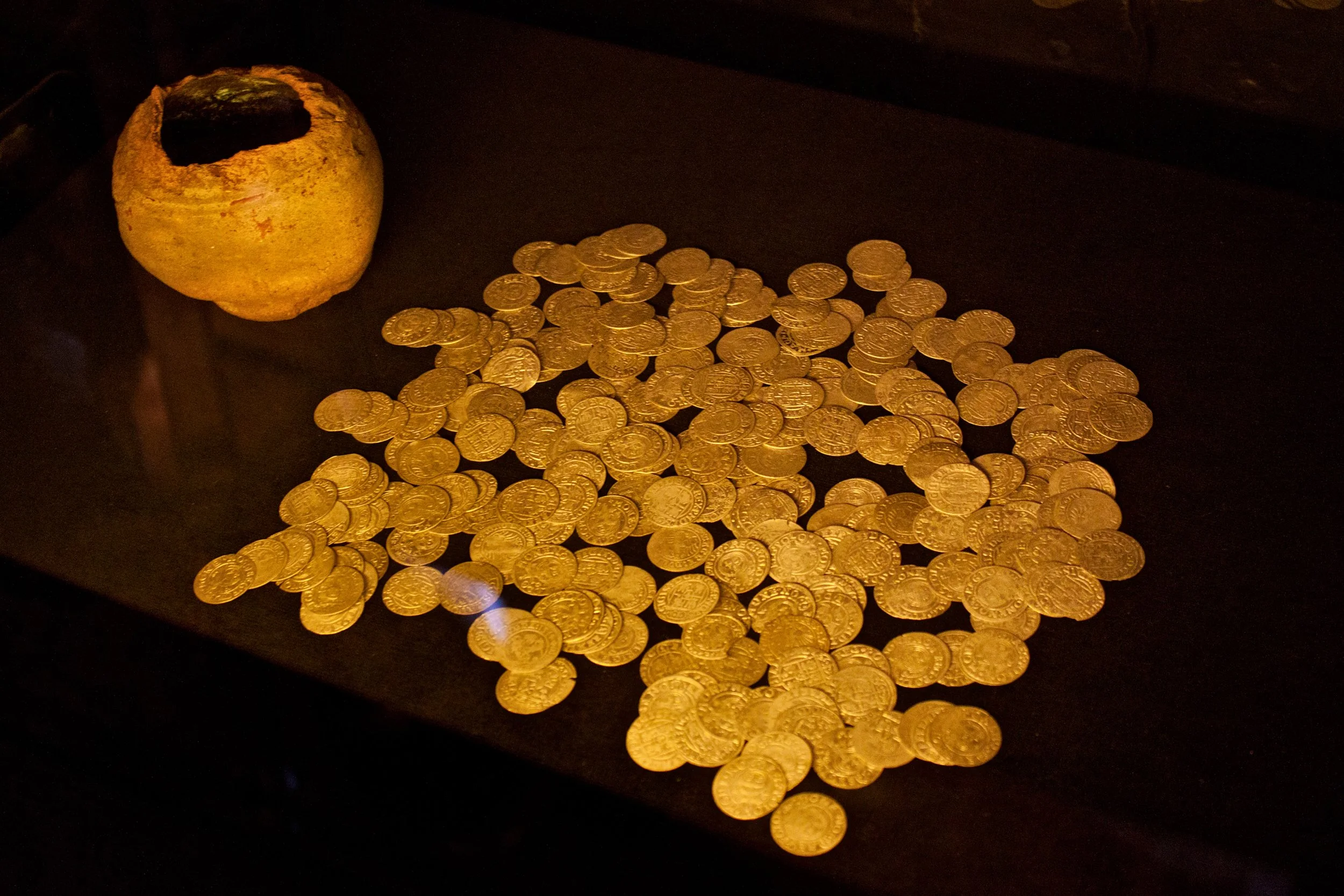While surah al-Baqarah frequently addresses the Children of Israel and their history as a reference point for religious struggles, surah Al ‘Imran addresses the belief of Christians for most of the ayat leading up to the end of the Juz.
The themes of these ayat revolve around a conversation between the Prophet Muhammad ﷺ and a delegation of sixty Arab Christians from a region called Najran. This delegation approached the Prophet to examine the validity of his claim to Prophethood.
AYAT 1-9
Allah immediately establishes His perfect attributes and the revelations that He has sent down to humanity, emphasizing that one must accept them all if they are to truly believe and save themselves from punishment. He also clarifies that He controls how people are created, foreshadowing the miraculous creations of Adam, Yahya, and ‘Isa, all of whom will be mentioned later.

























